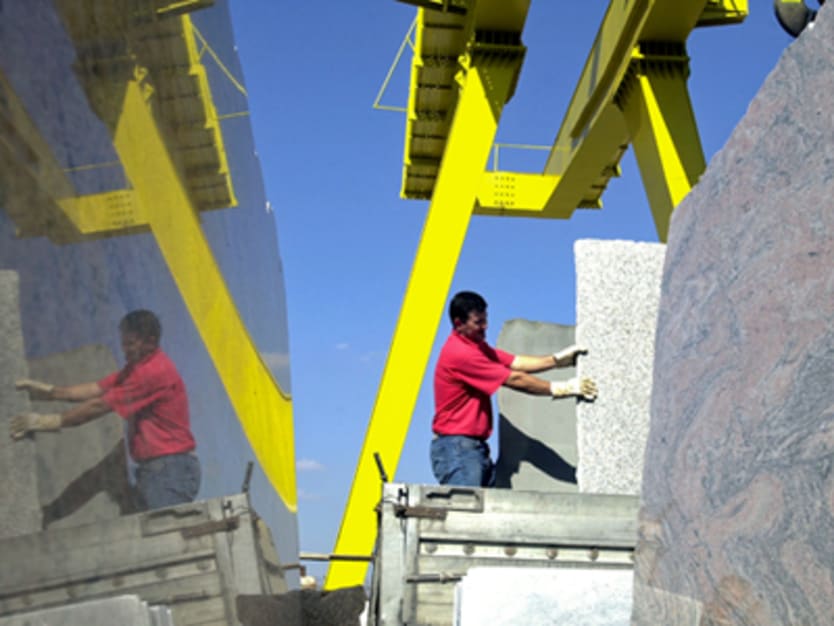
Three international financial institutions have committed more than €30 billion ($38.3 billion) toward public and private sector initiatives in the areas of infrastructure, corporate investment and the financial sector in central and southeastern Europe.
The commitments made Thursday (Nov. 8) are part of a joint action plan among the World Bank, the European Bank for Reconstruction and Development and the European Investment Bank. The plan aims to boost economic recovery in the region — the banks’ “direct response” to the problems brought on by the eurozone crisis.
Here’s a breakdown of the banks’ commitments under the action plan, which covers the period 2013-2014:
€6.5 billion from the World Bank.
€4 billion from EBRD.
€20 billion from the EIB.
EIB’s support, which comprises more than half of the total commitments, will focus on small and midsize enterprises, and renewable energy, among others. EBRD funds will target regional integration and export-led growth. The World Bank, meanwhile, will make use of its various arms to provide technical assistance, advisory services and political risk insurance.
Each IFI, according to a joint statement by the presidents of the three institutions, will work with countries based on its mandate and “existing country strategies.”
Eligible countries are Albania, Bosnia-Herzegovina, Bulgaria, Czech Republic, Croatia, Estonia, Macedonia, Hungary, Kosovo, Latvia, Lithuania, Montenegro, Poland, Romania, Serbia, Slovakia and Slovenia.
Read more development aid news online, and subscribe to The Development Newswire to receive top international development headlines from the world’s leading donors, news sources and opinion leaders — emailed to you FREE every business day.
